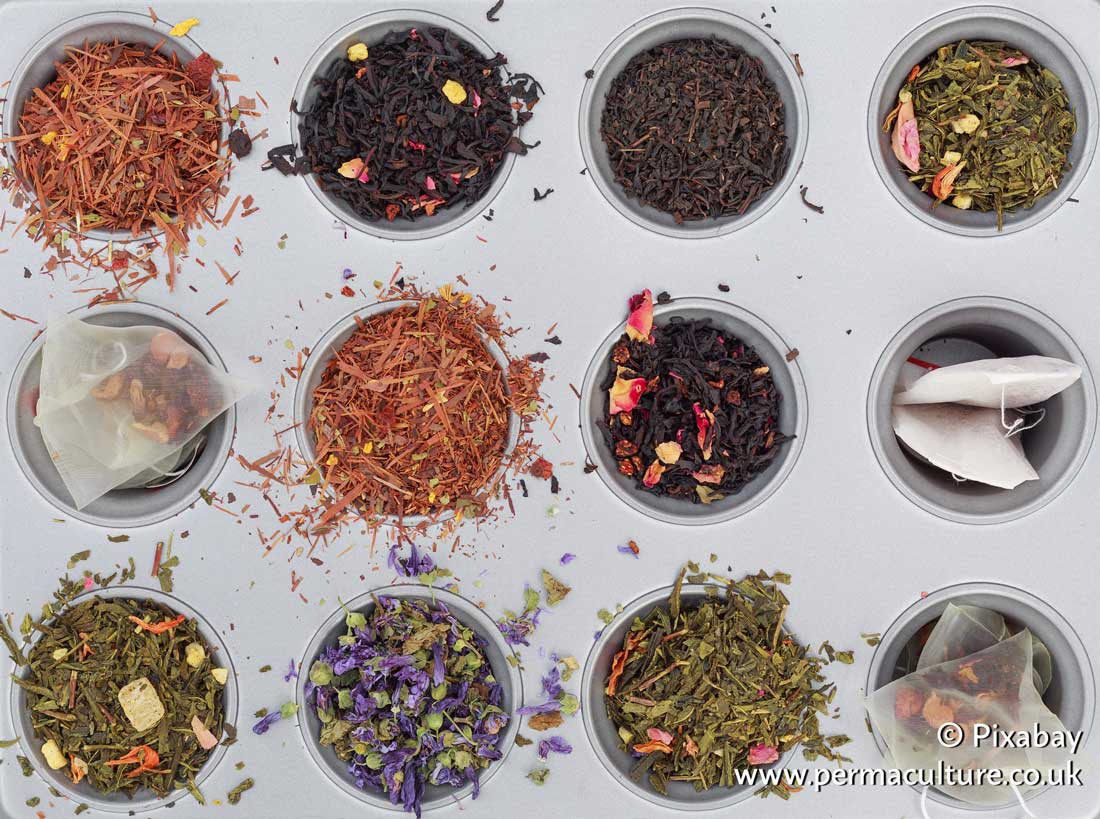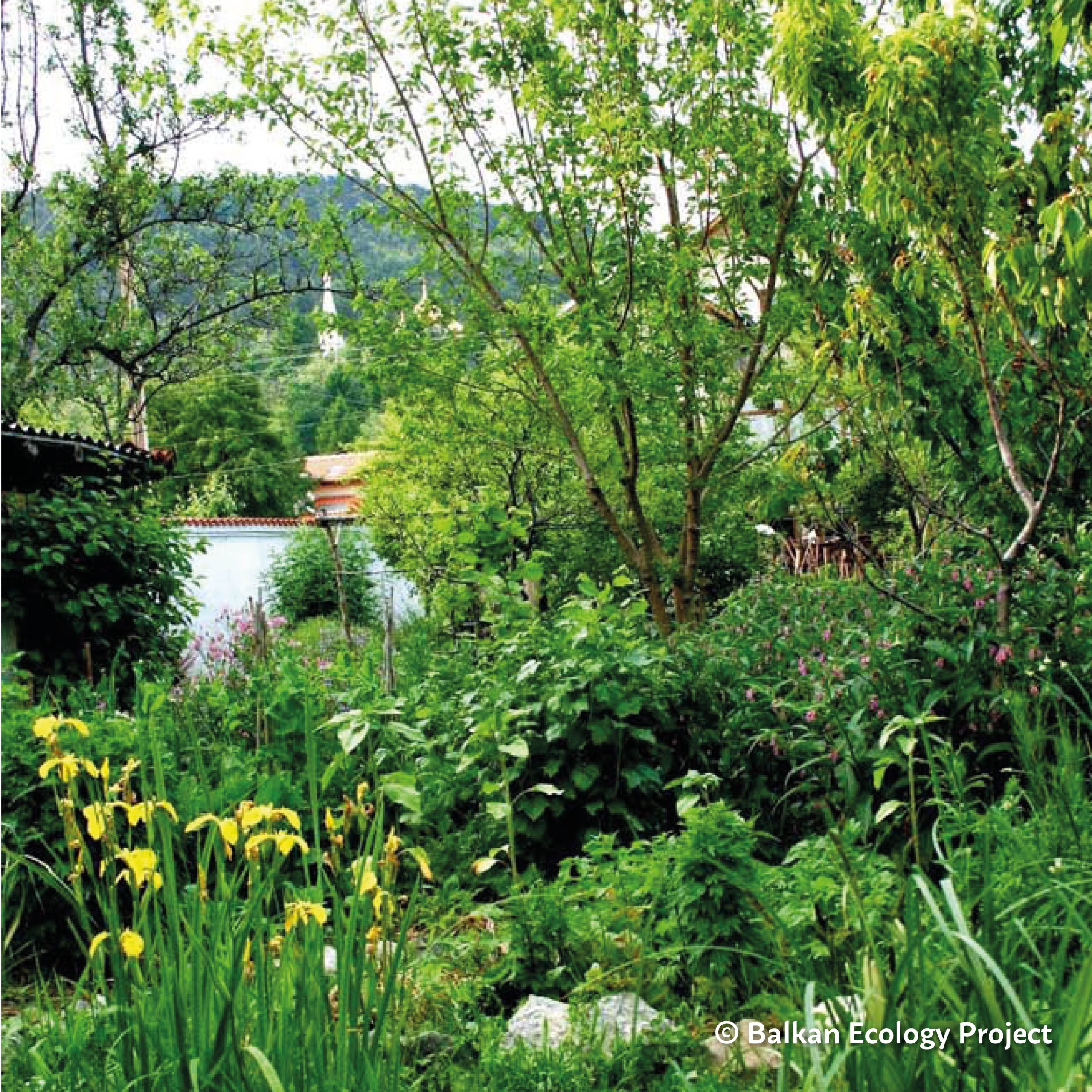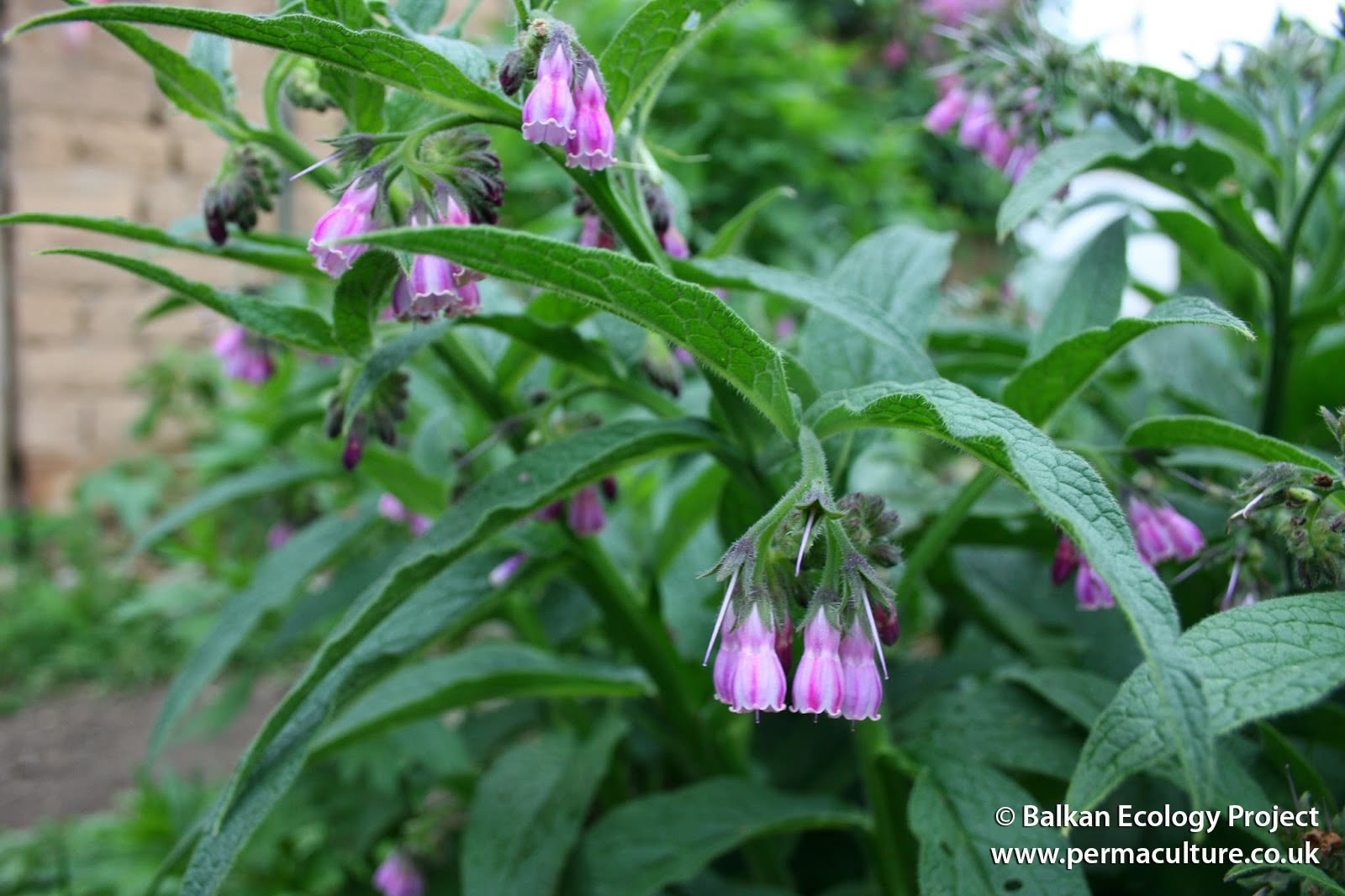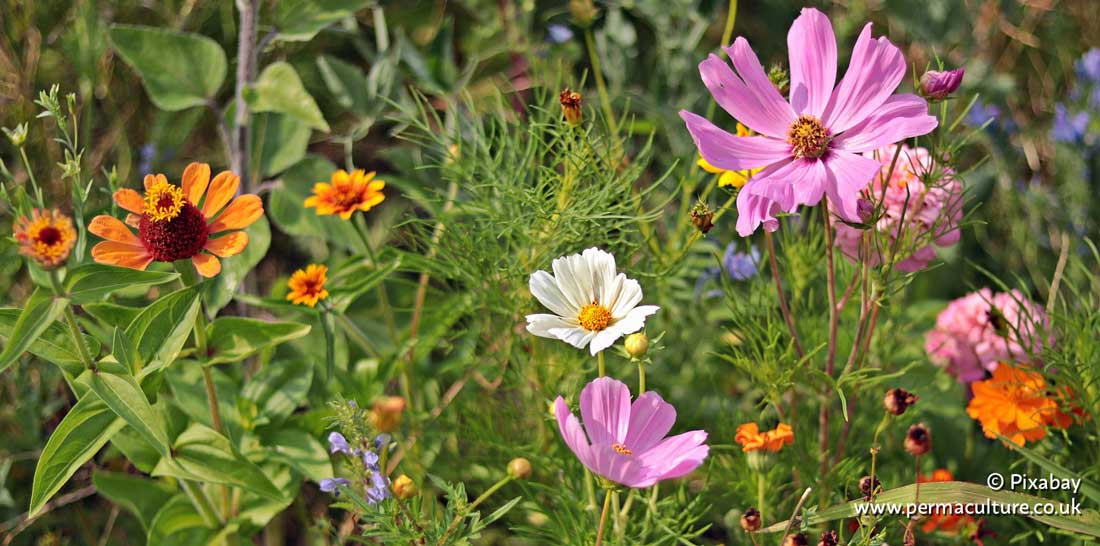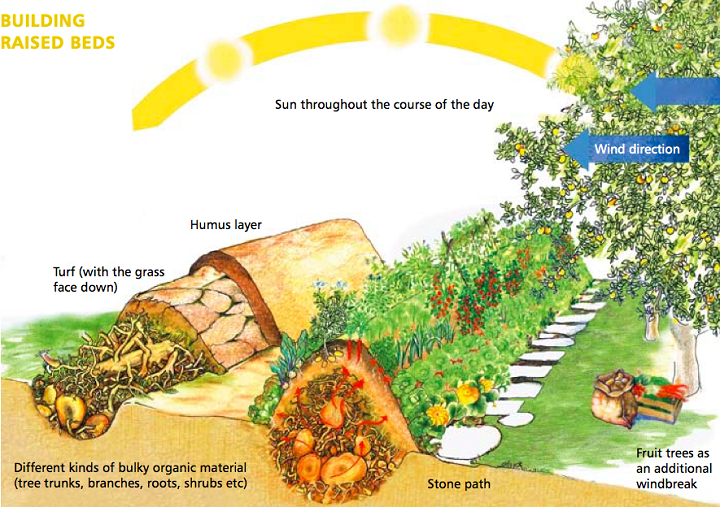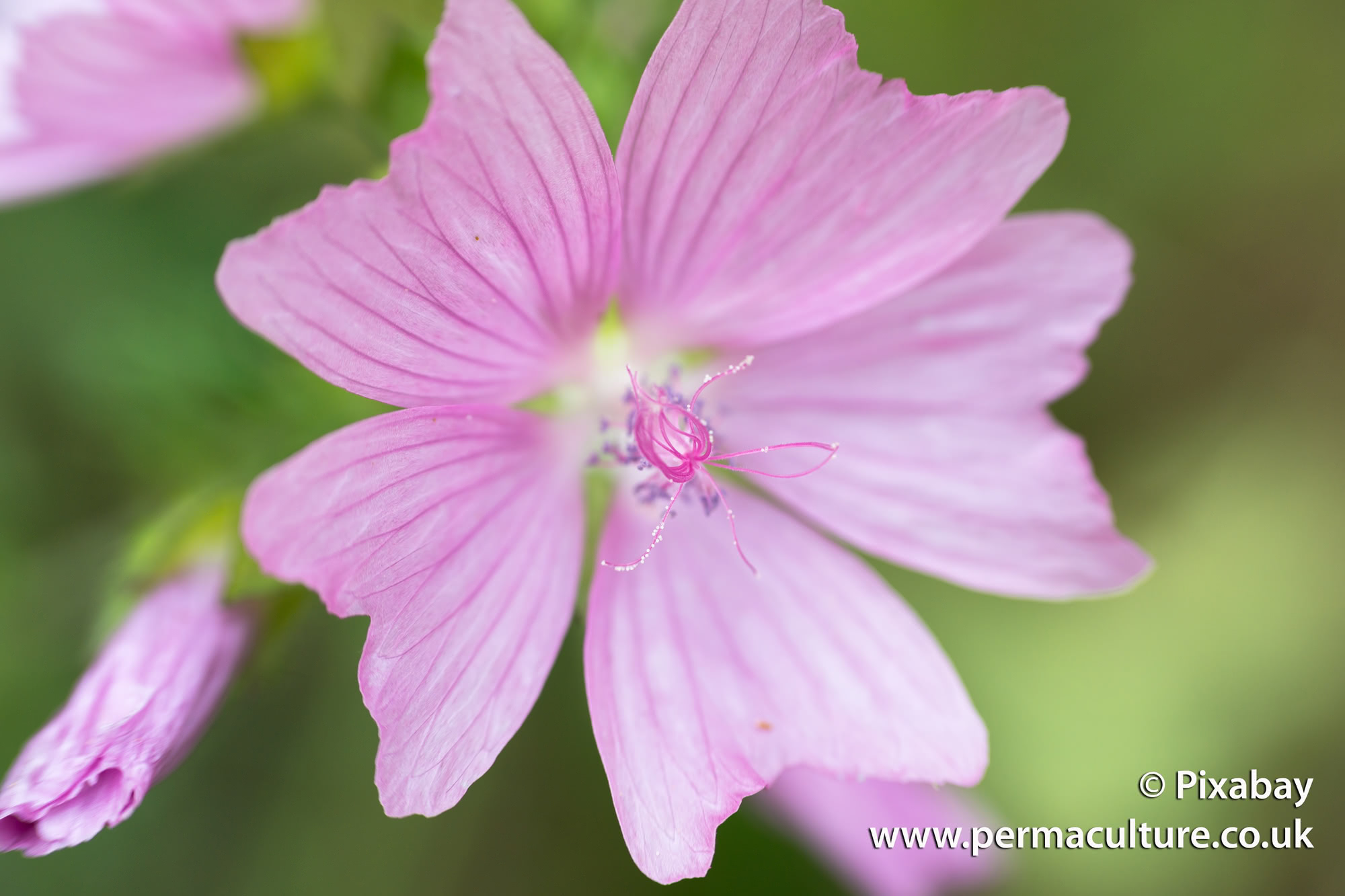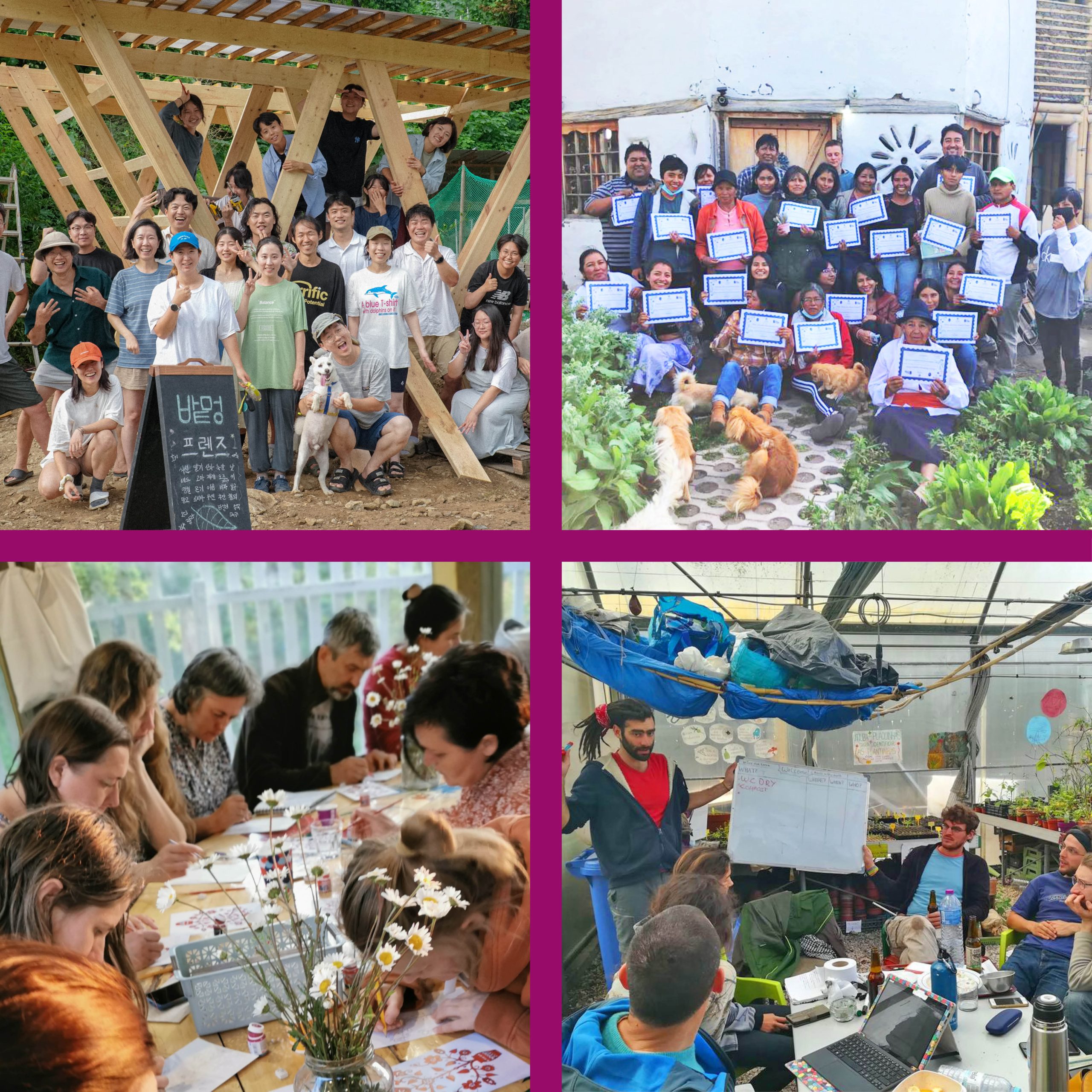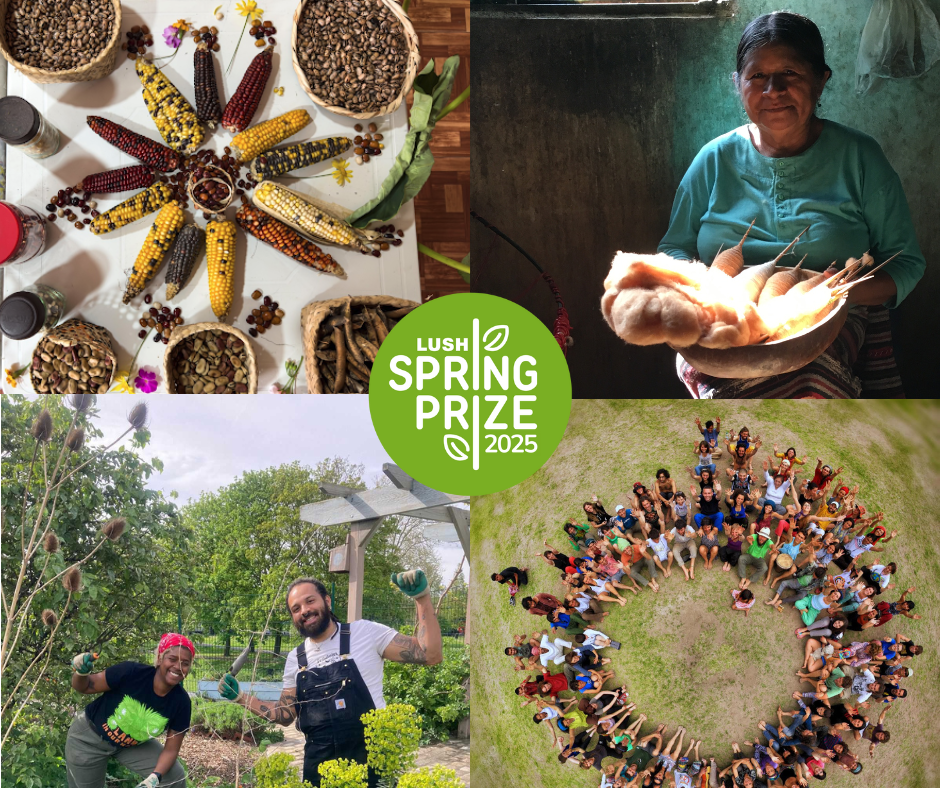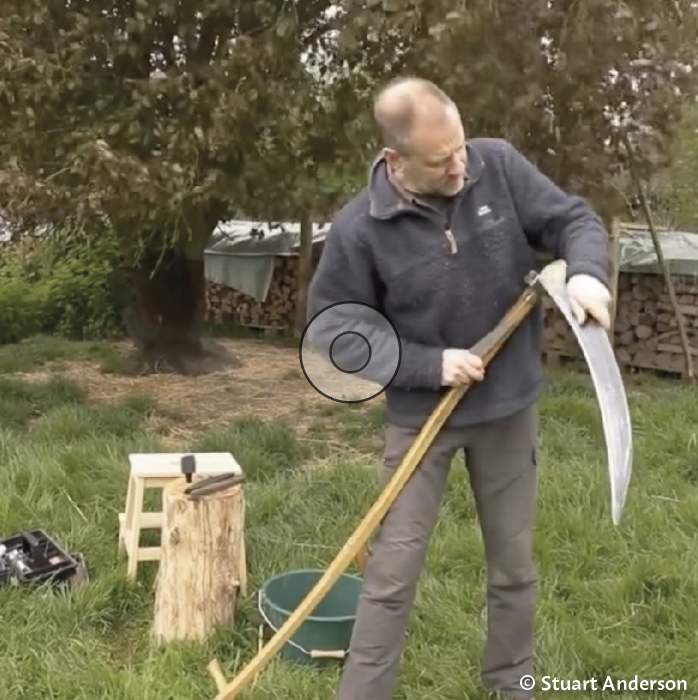Red Amazónica de Permacultura de Pacayacu (the Amazonian Permaculture Network of Pacayacu) in Ecuador is a direct response to the devastating impacts created by foreign and local petroleum companies. We are are impacted by daily oil spills that contaminate water and soil, petrol-gas flares that burn non-stop, imported and chemically-grown produce because our lands have been taken over by monocultures, increased fumigations and acid rain, and our own liberty, with the incarceration of our very own parents, who are our water protectors .
With over 200 permaculture graduates, the Red Amazónica de Permacultura (RAP) was formed across two Ecuadorian provinces to unite efforts and serve as a platform to exchange ‘semillas, sabores, y saberes’ (seeds, flavors, and wisdom). Permaculture continues to help us create our own decentralized solutions that fuse our cultural morals with our environmental, social, and economic strategies.
We have been diligently studying and training in Human Rights and the Rights of Nature and have led lawsuits against fumigation and petroleum companies, and we have been incarcerated as Earth Defenders for educating our people about their right to clean water.
In 2013, we conducted an analysis of potable well water throughout Pacayacu and 21 of the 22 sources contained petroleum derived Polycyclic Aromatic Hydrocarbons (PAHs), well-studied carcinogens. It’s easy to understand how our province came to compete with the highest cancer rates in all of South America.
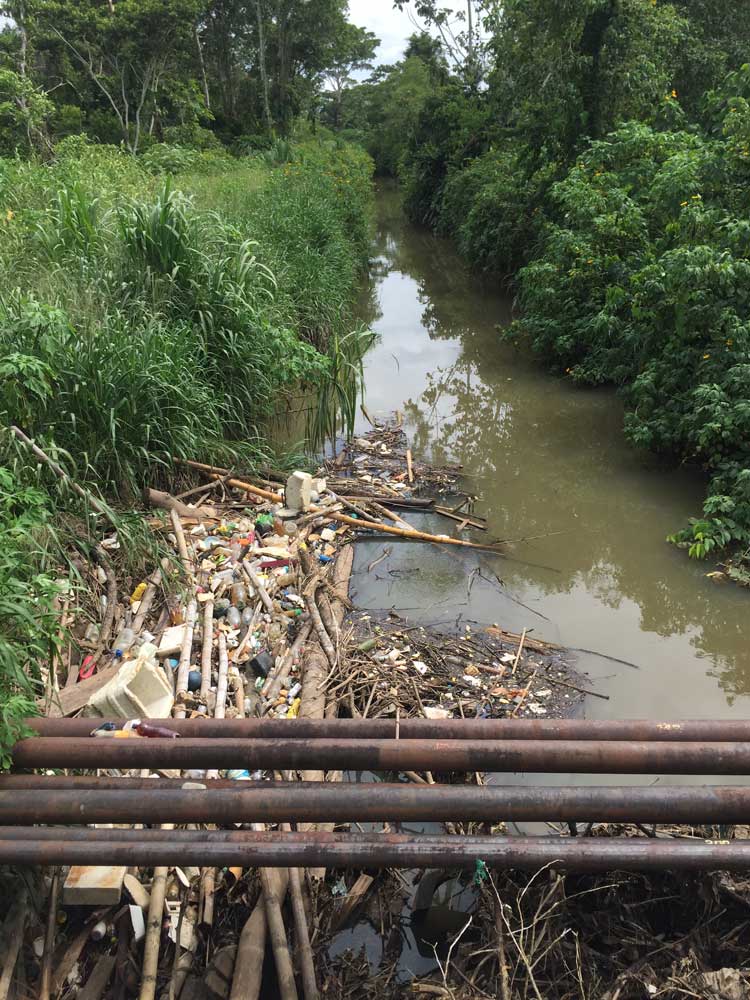
Permaculture gives us tangible solutions to our deepest perpetuating needs. We now can provide drinking water free of PAHs; we can provide chemical-free food and medicines; we can grow and protect the native seeds our ancestors hand selected for generations; we can conserve the hotspot biodiversity of our rainforests; and we can demonstrate livelihoods that sustain us without having to demolish our sacred territories.
It is easier to understand climate change by examining the act of deforesting the very trees that create our local rains. Through the lens of permaculture, we can interpret how changes in landscape impact our climate, such as how a hotspot rainforest can literally transform and lose its ecological functions and its ability to sustain life. People in our territories deforest because of desperate economic needs and lack of ecological education. Our permaculture work starts from the ground up, returning life to the soil and to our own spirits. This is what we want to instil back into our communities.
On Doña Belia’s land, three hectares of primary forest were cut down by encroaching neighbors. Ten years later, these hectares have turned into an important food source for native fauna, a seed source for our nurseries, and the principal source of income for her family and grandchildren. Belia learned canning and other food processing techniques that permitted her to store her harvests for personal consumption and for the selling in the market throughout the whole year. Now Belia teaches others in the RAP Pacayacu, and together we provide a greater diversity of products.
Not only do we have cacao and coffee like everybody else in the region, but we also diversify our income through our horticultural harvests, medicines, fruits, nuts, soaps, marmalades, worms, compost and so much more.
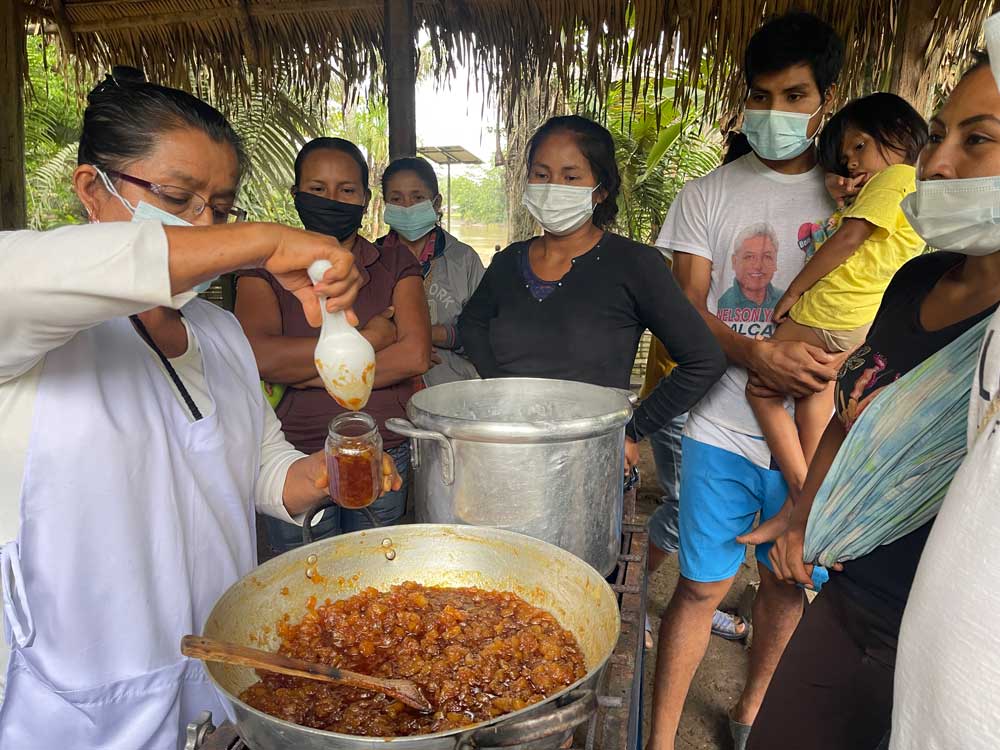
As RAP Pacayacu, we have recently been granted a stand in the local farmer’s market. For us, this is our opportunity to display what family and community-led permaculture can transform socially, culturally, environmentally, and mentally. We are 12 extended families and we are growing. It is essential to recognize that our youth, elders, and extended families all live within the same households and upon the same lands. Twelve families with more than 10 members each creates quite an intergenerational impact.
Participating in the farmer’s market as the region’s only organic producers is the motivation for all of our families to diversify and support EACH of our members to grow the visions that they have for their lands. By leveling up the landscape designs and skill sets of each member, we are investing in their production for personal consumption and guaranteeing organic produce for our collective marketplace. Investing in permaculture designs, food processing equipment, and capacity building for our organization helps guarantee the continuation of the RAP Pacayacu through current and future externally inflicted hardships.
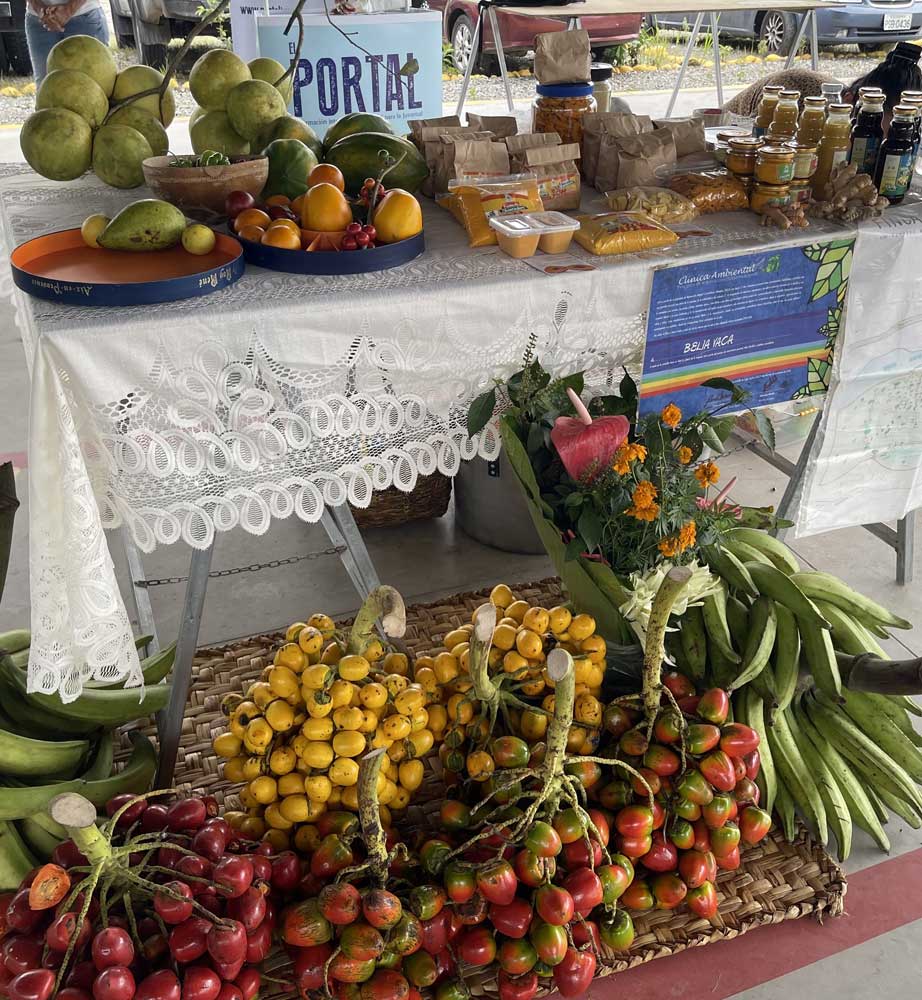
Permaculture action is our defence. Our motivation is to restore productive systems that generate diversity and the regenerative capacity of our Amazonian lands that provide fruits for generation after generation. With an initial financial investment, our activities will continue independently through our own initiatives. This is how we know we’re making change at the root of the problem, by improving our very own living conditions.
We are on the ground working to purchase the necessary tools and materials to build water filters, animal shelters, composting centers, plant nurseries, and food processing spaces. We will focus on family business plans for our association, and the wellbeing and continuation of the RAP of Pacayacu. We will diffuse our strategies to inspire other decentralized RAP networks in the Amazonian basin through practical workshops, how-to videos, seed exchanges, and through the sharing of knowledge at our local ‘Ferias de la Esperanza’ (Fairs of Hope). It is our deepest pleasure to share about our groundwork here in the Amazon, and we look forward to sharing our successes and strategies as we expand.
Red Amazónica de Permacultura de Pacayacu is a winner of the 2022 Permaculture Magazine Award. Read more HERE.
